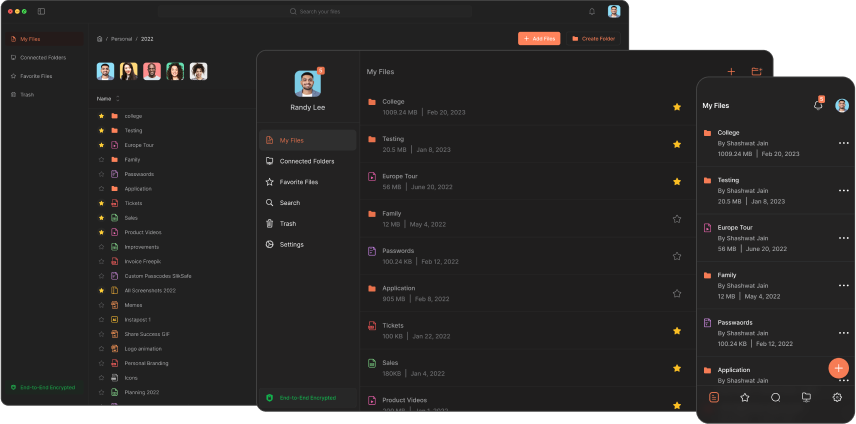The Best AI Tools for Coding in 2023
Introduction
In today's fast-paced digital landscape, Artificial Intelligence (AI) is revolutionizing a multitude of industries, and software development is no exception. AI-powered coding tools enhance developer productivity, reduce errors, and streamline the development process. This blog post explores the best AI tools for coding in 2023, offering you detailed insights to help you make informed decisions.
Why Use AI for Coding?
Enhanced Productivity
AI tools can autonomously write and refactor code, which significantly boosts productivity. These tools allow developers to focus on more complex tasks that require human intuition and creativity.
Error Reduction
AI can help identify bugs and potential errors in the code at an early stage, thereby minimizing the time spent on debugging and testing.
Streamlined Development
AI-driven tools can automate repetitive tasks, making the development process more efficient and less time-consuming.
Best AI Tools for Coding in 2023
1. GitHub Copilot
GitHub Copilot
Features
- Code Completion: Automatically suggests whole lines or blocks of code.
- Language Support: Supports multiple programming languages including Python, JavaScript, and TypeScript.
- Integration: Easily integrates with Visual Studio Code and other IDEs.
Pros
- Great for quick prototyping.
- Reduces boilerplate coding.
- Integrates seamlessly with GitHub.
Cons
- Requires a GitHub subscription.
- Limited support for less popular programming languages.
2. TabNine
TabNine
Features
- Code Prediction: Uses deep learning models to predict the next part of the code.
- Customization: Allows personalized AI models.
- Integration: Supports all major IDEs and text editors.
Pros
- Highly customizable.
- Works offline.
- Covers a wide range of languages.
Cons
- Subscription needed for advanced features.
- May require some initial setup for best results.
3. Kite
Kite
Features
- Intelligent Snippets: Provides intelligent code snippets based on the current context.
- Documentation: Offers in-line documentation and code examples.
- Real-time Error Detection: Identifies and fixes potential errors in real-time.
Pros
- Free to use.
- Excellent support for Python.
- Integrates with most popular IDEs.
Cons
- Lesser support for non-Python languages.
- Limited feature set compared to paid tools.
4. DeepCode
DeepCode
Features
- Static Code Analysis: Analyzes code to find potential vulnerabilities and bugs.
- Security Scanning: Checks for security flaws and code smells.
- Real-time Suggestions: Offers recommendations for improving code quality.
Pros
- Focuses on code quality and security.
- Integrates with Git, GitHub, and Bitbucket.
- Multi-language support.
Cons
- Requires a subscription for full features.
- May not catch all types of errors or issues.
5. Codota
Codota
Features
- Code Completions: Provides smart code completions by learning from millions of Java programs.
- Contextual Recommendations: Suggests code based on the context of the project.
- Cloud and Local Versions: Offers both cloud-based and local tools.
Pros
- Excellent for Java developers.
- Provides cloud storage for code snippets.
- Integrates with major IDEs.
Cons
- Primarily focused on Java.
- Subscription needed for advanced features.
Conclusion
The rise of AI-driven coding tools marks a significant shift in the software development landscape. By adopting these tools, you can significantly enhance productivity, reduce errors, and streamline your development process. Each tool has its own unique features and suitability, making it important to choose one that aligns with your specific needs.
Keywords
- AI coding tools
- GitHub Copilot
- TabNine
- Kite AI
- DeepCode
- Codota
- Best AI tools for developers
- AI in software development
Meta Description
Explore the best AI tools for coding in 2023. Discover how GitHub Copilot, TabNine, Kite, DeepCode, and Codota can enhance your productivity, reduce errors, and streamline your development process.
By following these guidelines and utilizing the best AI tools for coding, you can stay ahead in the ever-evolving tech industry. Happy coding!
Download Now
The Slikest Files Experience Ever Made
